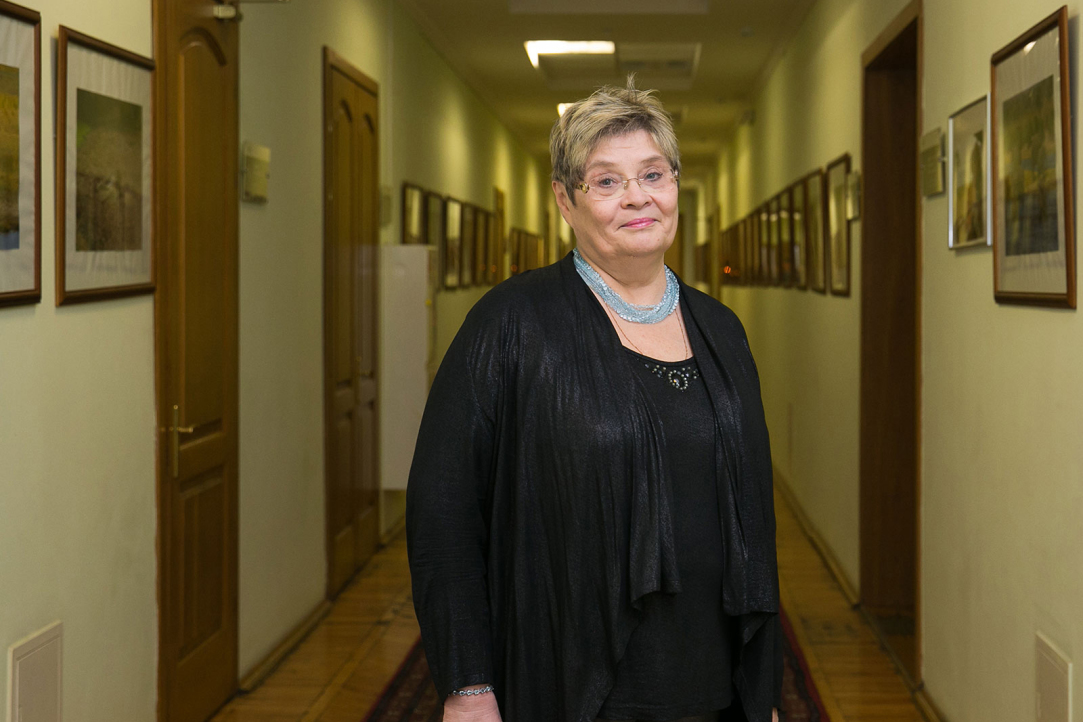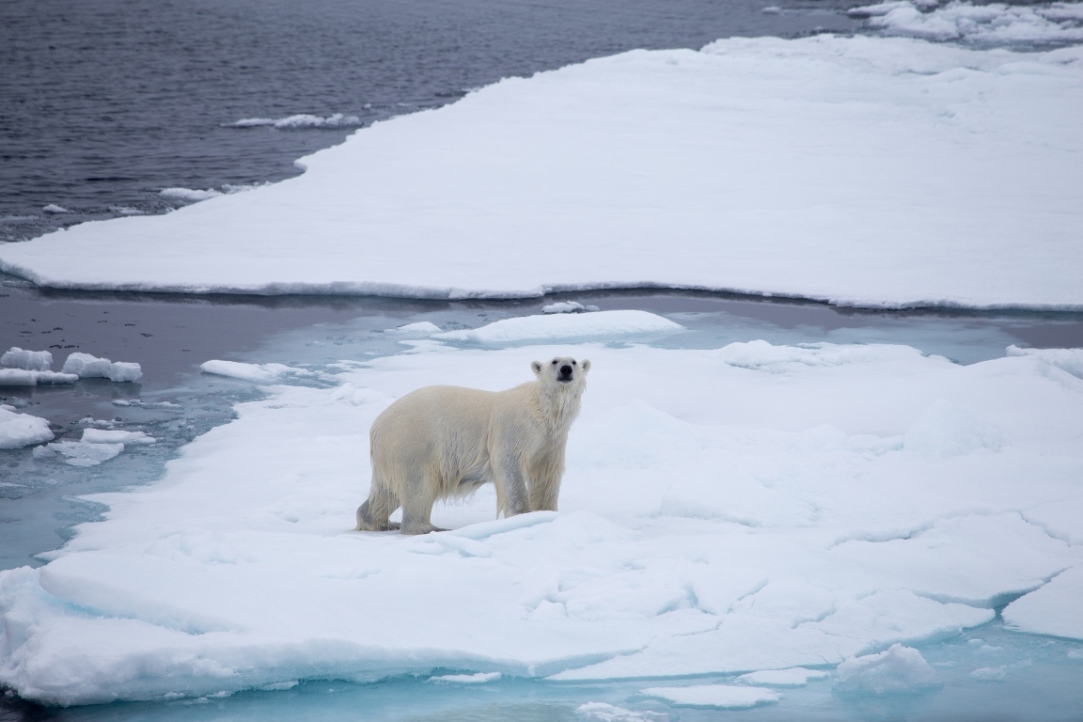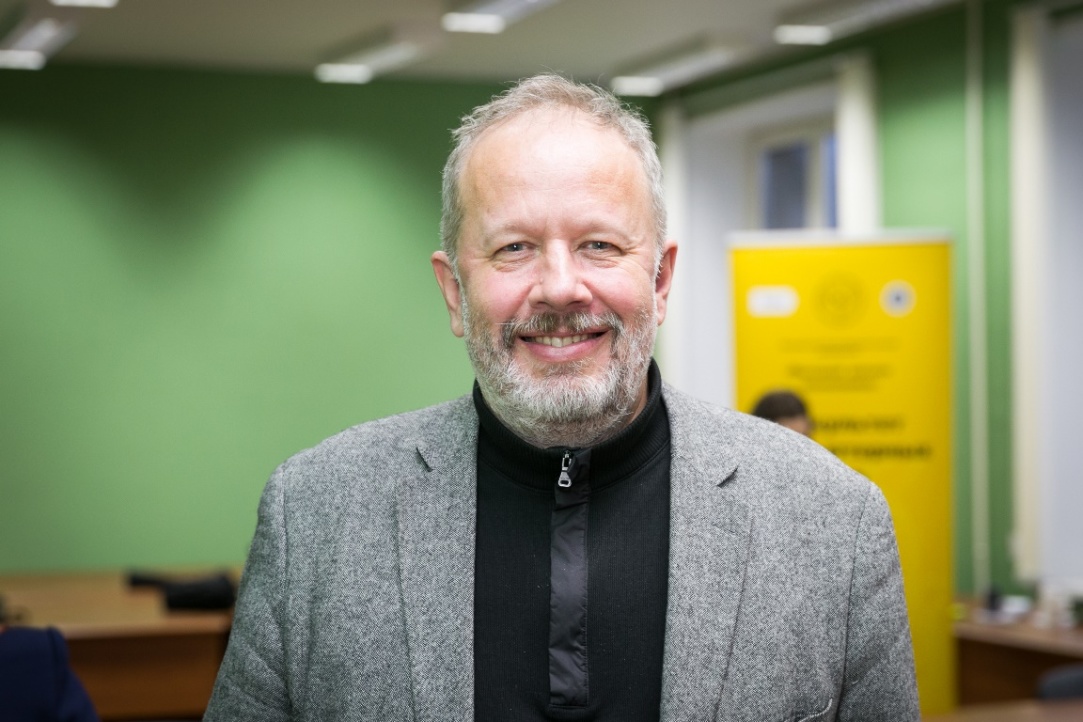Researchers Use Nanotechnology to Improve the Accuracy of Measuring Devices
Scientists from Higher School of Economics and the Federal Scientific Research Centre ‘Crystallography and Photonics’ have synthesized multi-layered nanowires in order to study their magnetoresistance properties. Improving this effect will allow scientists to increase the accuracy of indicators of various measuring instruments, such as compasses and radiation monitors.
Innate Stress: Researchers Find Link Between Genes and Subjective Well-Being
In the recently published article ‘Association of MAOA-uVNTR Polymorphism with Subjective Well-Being in Men,’ a team of researchers was able to statistically monitor the impact of the monoamine oxidase A gene (MAOA) on the subjective evaluation of well-being among men. This work became the latest step towards an understanding of how genes can affect social phenomena.

Irina Abankina: 'The Institute of Education Has Managed to Do a Lot in Recent Years'
Irina Abankina, Director of the HSE Institute of Education, Tenured Professor and Member of the HSE Academic Council, spoke about her life in academia and work at HSE, for the project ‘Research at HSE: For School and for Life’.

HSE Creates Institute of Ecology
The new institute will be engaged in research and educational activities and will provide expert and analytical support for state projects in the field of environmental safety, as well as for projects outlined by Russia's federal policy in the Arctic.

Not Getting Lost in Space: Why It’s Important to Learn to Detect Signals from Neutron Stars
The big scanning antenna at the Pushchino Radio Astronomy Observatory logs almost 90 GB of data every day. The data are usually processed by the astronomers manually. Vladimir Samodurov and Alexander Gorbunov, researchers at the HSE Faculty of Business and Management, decided to relieve the scholars from this hard work and give this job to neural networks. They shared the results of their work in the paper ‘Perspectives of intellectual processing of large volumes of astronomical data using neural networks’.

When There Is No One Around: How Solitude Differs from Loneliness
According to the researchers of the HSE International Laboratory of Positive Psychology of Personality and Motivation, personality development is associated with positive acceptance of solitude. Their study is based on a survey of 204 respondents (41 men and 163 women), mostly students, aged 16 to 25.

Leading Researcher at the HSE Faculty of Computer Science Coordinates New Experiment at CERN
Fedor Ratnikov, a leading researcher at the Laboratory of Methods for Big Data Analysis (LAMBDA), has been appointed project coordinator in the SHiP collaboration. He will be responsible for developing and designing the detector’s active magnetic radiation shielding.

New RSCI List Includes 771 Academic Journals
The new list has been compiled by a working group on quality assessment and selection of journals in RSCI on the Web of Science platform. The list is available on the HSE website.
Not All Diversity Is Equally Beneficial
HSE experts have determined that cultural diversity is beneficial for team performance in eSports, while language and experience diversity negatively affect performance. These results might be of interest to companies of similar industries aiming to maximize profits. The study, entitled ‘Is Diversity Good or Bad? Evidence from eSports Teams Analysis,’ was published in the journal Applied Economics.
Doctoral Student Pursues Cross-Cultural Research in Russian and Italian Primary Education
In May, Lucia Bombieri, a PhD student and intern researcher at the HSE International Scientific-Educational Laboratory for Socio-Cultural Research, delivered a report entitled ‘Instructions and Empathy: Teachers’ Role in Changing Intercultural Relations in School Settings’. Her report presented the preliminary results of a quasi-experiment undertaken in Italy and Russia with the aim of investigating teachers’ role in changing children’s responses towards migrant peers in a socio-cultural and cross-cultural perspective. Participants included teachers and students in the final year of primary school from different cities and regions in northern Italy and the Moscow region.


Registration deadline - April 30